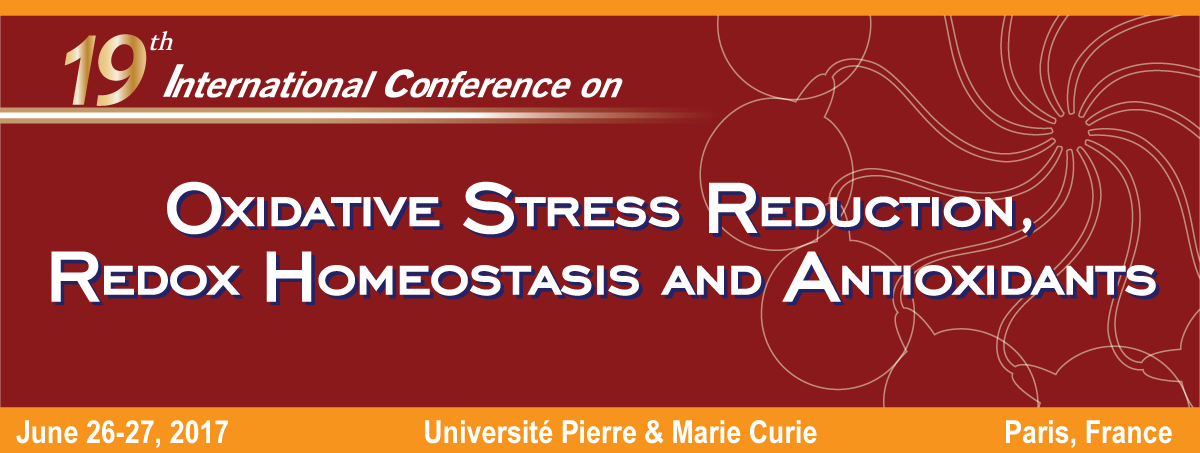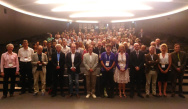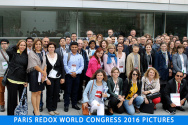The two faces of oxidative stress: from stress-response to pathogenic damage. The example of glaucoma molecular pathogenesis
 Prof. Alberto Izzotti from the department of Health Sciences at School of Medicine, University of Genoa, Italy was invited to Paris Redox 2017 to give a talk in the special session on oxidative stress and ocular diseases.
Prof. Alberto Izzotti from the department of Health Sciences at School of Medicine, University of Genoa, Italy was invited to Paris Redox 2017 to give a talk in the special session on oxidative stress and ocular diseases.
Prof. Izzotti will discuss about the two faces of oxidative stress: from stress-response to pathogenic damage he will highlight his presentation with the example of glaucoma molecular pathogenesis.
According to Pr Izzotti: "Oxidative stress, of both endogenous and exogenous origin, triggers defensive reaction in targeted cells referred to as adaptive mechanisms. These events are aimed at limiting damages induced by reactive oxygen species and at maintaining tissue and organ functions unlocking mechanisms complementary to physiological functions.
Common ocular diseases (i.e. cataract, macular degeneration, and glaucoma) are characterized by high levels of oxidative stress but only in glaucoma this stress has an overwhelming endogenous origin. Malfunctioning mitochondria in trabecular meshwork causes, via oxidative stress, the release of extracellular mediators activating neural cells. These situation, on a long term basis, results in neurological damage of the optic nerve head and progressive blindness.
Oxidative stress at low levels and applied on a short-term basis, may be used to activate adaptive mechanisms useful for tissue-protection. The administration of ozonizated oils is able to modulate the inflammatory response deploying in parallel antimicrobial activity, as typically exerted by reactive oxygen species. Accordingly, this strategy is under analysis for its ability to attenuate various diseases."
We remind you that this presentation is included in a global session dedicated to oxidative stress and ocular disease. Dr Julie Lim will also give a talk in this session. For more information, please click here.



































